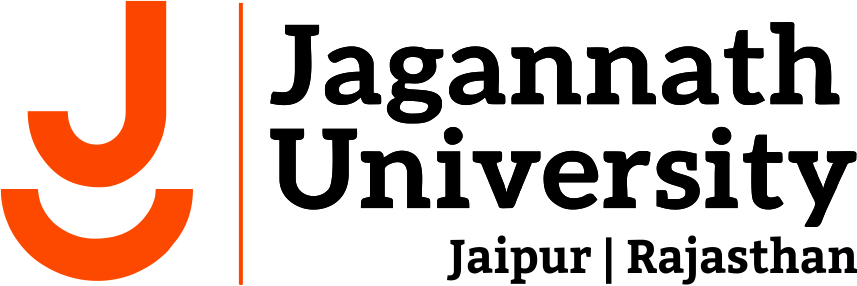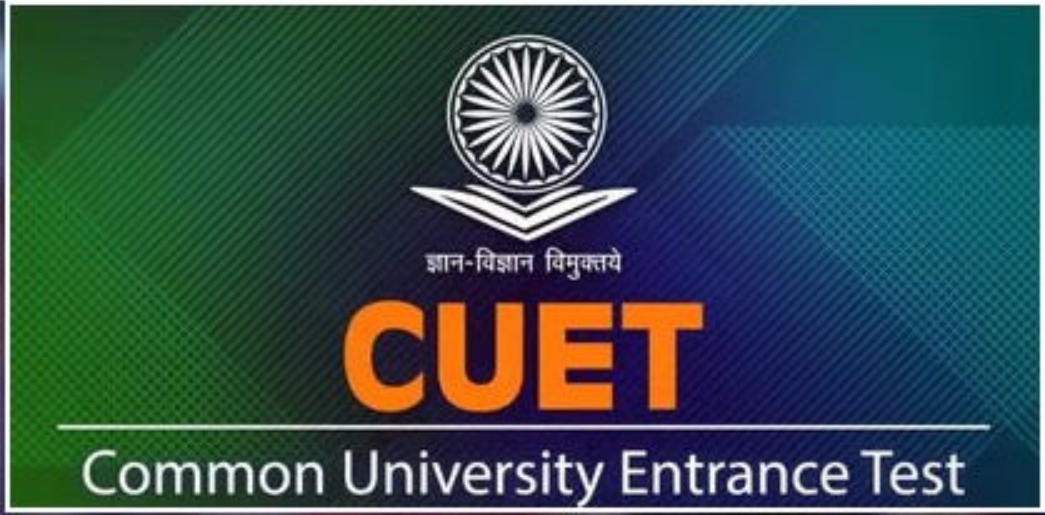
All Volumes/Issues
Volume 4, Issue 2
The Right to Privacy and Digital Surveillance in the Age of Technological Advancements
Author: Prof. (Dr.) S.P.S.Shekhawat , Mr. Abhishek Bishnoi , Ms. Bhawana
Abstract:
The primary objective of this research is to shed light on the multifaceted dynamics between privacy rights and digital surveillance in the current technological landscape. By tracing the historical development of privacy rights, the article establishes a foundation for comprehending the significance and evolution of privacy in the digital age. It critically evaluates the far-reaching consequences of digital surveillance on individuals' privacy, such as the erosion of personal autonomy, the commodification of personal data, and the potential for discrimination and misuse of power.
This research article delves into the complex legal framework governing privacy protection in the context of digital surveillance. It thoroughly examines relevant laws, regulations, and judicial decisions that delineate the boundaries of privacy rights and the permissible extent of surveillance activities. Special attention is given to emerging technologies like facial recognition, biometric data collection, and mass surveillance programs, highlighting the legal challenges they pose. The article aims to provide a comprehensive and nuanced perspective on the interplay between digital surveillance and privacy protections, equipping policymakers, legal practitioners, and the public with vital insights to navigate the complexities of privacy protection in an increasingly digitized society.
Ethical considerations play a vital role in the discourse on digital surveillance, and this article explores the ethical implications and dilemmas associated with the practice. It examines questions of consent, transparency, accountability, and the appropriate balance between privacy and security. The article emphasizes the need for ethical guidelines and frameworks to govern the responsible and ethical use of surveillance technologies.
By synthesizing insights from various sources, this research article contributes to the existing knowledge on privacy rights and digital surveillance. The findings will inform policymakers, legal practitioners, and individuals, fostering a deeper understanding of the complex dynamics at play and facilitating informed discussions on how to strike a balance between privacy concerns and the benefits offered by technological advancements.
Keywords: Privacy rights, Digital surveillance, Technological advancements, Implications, Legal framework.
Download File



